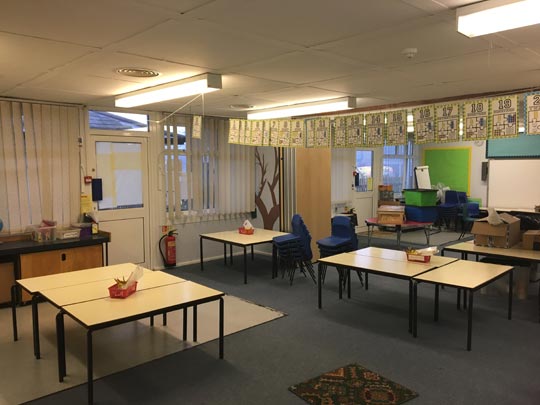When is a bone not a bone? That’s a Great Question
When is a bone not a bone?
Yesterday marked the start of our Summer schools event programme. We have built up quite a good reputation for adding something extra when we go out to support a school or other educational body at a fund raising event. Yesterday, we were guests of a school in Nantwich, Cheshire at their worm charming event (we do get invited to all sorts of things these days).
Dinosaur Workshops
The school concerned was what I refer to as a Junior School, with children aged between 5 and 10. This school covers both Key Stage 1 (5-7 years) and Key Stage 2 subjects (7-10). The parents have formed a committee to help raise funds to purchase extra equipment, to build a sense of togetherness for parents with children attending and to have some fun. The worm charming event proved to be a great success, despite the wonderful British weather, with the winning plot attracting 19 worms in half an hour.
We had a little stall, we make a contribution to the funds and then we put up a table in the hall with dinosaur pocket money items on it. There were a range of other stall holders selling plants, brick-a-brack, home made cakes and so on. Certainly the dinosaur items are quite popular. We come over in some of our palaeontology gear, with rucksacks and heavy boots – comfortable footwear being a blessing if you are on your feet all afternoon. The children were really excited to see the fossils, and the other exhibits that we use in our dinosaur workshops in schools.
Picture credit: Everything Dinosaur
For this event I brought over some flints from the new shingle beach at Lyme Regis that I found. These stones have been bleached and the fractures within them and the smooth abraided shape gives the impression of bone.
Using my hand lens I invite students to see if they can tell the difference between these flints and a real dinosaur fossil bone I have. The fossil bone I use has been heavily eroded by wave action and is very “pebble” shaped. This helps to confuse the children at this stage of the exercise as I introduce the objects – they genuinely expect the dinosaur bone to look like a “cartoon” bone. Still the eroded bone that I have shows the spongy nature of true fossil bone very effectively and I use this to compare to the flints, thus explaining and demonstrating how to tell fossil bones from other materials.
To see the range of dinosaur themed toys and gifts available from Everything Dinosaur: Dinosaur Themed Toys and Gifts for Children.
This is only a little exercise but it works quite well, even the headmistress had a go. Like most people she had never seen a dinosaur bone up close before, nor had she had the chance to hold one in her hand. It is great to see the way children react, they really do take an interest, for us it is fun to work with the children and to watch their faces when we show them real dinosaur bones – WOW!
To learn more about Everything Dinosaur’s outreach work: Contact Everything Dinosaur.


